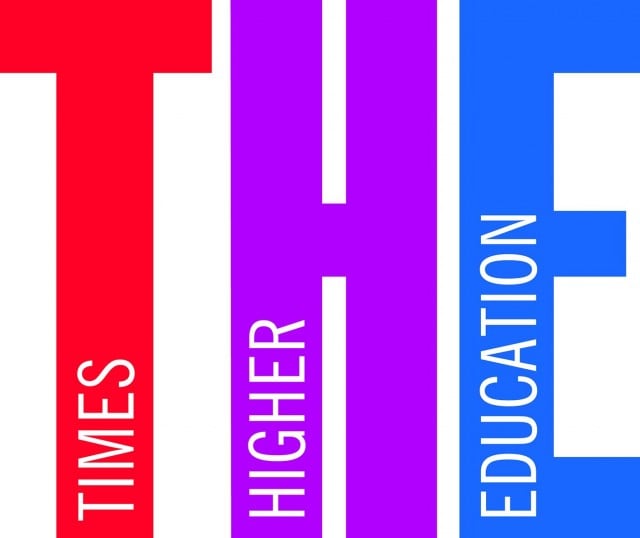You have /5 articles left.
Sign up for a free account or log in.
New Singaporean legislation that is set to ban “false information” online hosted anywhere in the world poses a “severe threat” to academic freedom across the globe, scholars have warned.
Earlier this month, the country’s government introduced a draft of the Protection From Online Falsehoods and Manipulation Act. It would authorize any minister in Singapore to order “corrections” to online content hosted anywhere in the world if the minister deemed that a statement is “false or misleading” in whole or in part, when that statement is made available online to one or more users in Singapore and it is deemed to be in the public interest to issue such a correction.
 The bill, which includes maximum penalties of 10 years’ imprisonment or a fine of 1 million Singapore dollars ($735,000), defines public interest broadly to include protecting “the security of Singapore or any part of Singapore,” protecting “friendly relations of Singapore with other countries” and preventing “a diminution of public confidence” in the government.
The bill, which includes maximum penalties of 10 years’ imprisonment or a fine of 1 million Singapore dollars ($735,000), defines public interest broadly to include protecting “the security of Singapore or any part of Singapore,” protecting “friendly relations of Singapore with other countries” and preventing “a diminution of public confidence” in the government.
The bill also allows ministers to order internet service providers to block access to content in Singapore that the country deems false. Academics fear that international academic journals will issue corrections to prevent their content being blocked in Singapore and it could also make foreign scholars more reluctant to collaborate with Singaporeans.
The Ministry of Education said in a statement that the bill covers “verifiably false statements of fact” and “does not restrict opinion and will not affect academic research work. This is true regardless of what view the work presents.”
However, scholars fear that the bill could be used to censor academic papers across the world and university teaching materials both at institutions in Singapore and at foreign universities with links to the country, unless the wording of the legislation is amended to include a specific protection for academics.
More than 100 academics have signed a letter demanding that the education minister “ensures safeguards for scholarly research and its online outreach,” noting that “much academic work focuses on disputing apparently established ‘facts.’”
Several experts told Times Higher Education that the bill is likely to pass -- possibly as soon as the second week of May -- given that the ruling People’s Action Party has an overwhelming majority in parliament.
Linda Lim, a Singaporean emeritus professor at the University of Michigan, and one of the coordinators of the letter, said that the global reach of the bill “poses a severe threat to academic publishing worldwide, especially if the bill sets a precedent that is imitated in other countries seeking to curb ‘fake news.’”
She said that the bill as it stands would allow ministers to require international academic journals to remove online articles “even if that violates our own internal editorial policy and peer-review standards.”
“If we have the resources to mount an appeal to the courts, the penalties will be observed for the duration of the appeal. Few, if any, academic journals could survive this process, with the likely result that international academics, not just those from, in or writing about Singapore, will resort to practicing self-censorship,” she said.
Linda Lakhdhir, a legal adviser in the Asia division of Human Rights Watch, who specializes in the criminalization of speech, said that the “academic freedom … risks are high, particularly for scholars working on or teaching in Singapore.”
Michael Buehler, chair of the Center of South East Asian Studies at SOAS University of London, said that the “tautological” definition of “online falsehood” used in the bill “gives the Singaporean government far-reaching powers to define what it considers ‘false’ or ‘misleading.’”
“Academics are concerned about this bill because the Singaporean government has a less than stellar record when it comes to protecting academic freedom,” he said.
Cherian George, director of the Center for Media and Communication Research at Hong Kong Baptist University, who helped coordinate the letter, said that the “best-case scenario we can realistically wish for is that the government will feel compelled to provide unambiguous assurances [to academics] during the parliamentary debate.”
“Such promises would be a poor substitute for amending the bill itself. But they could make it politically much harder for a government to abuse the law,” he said.






